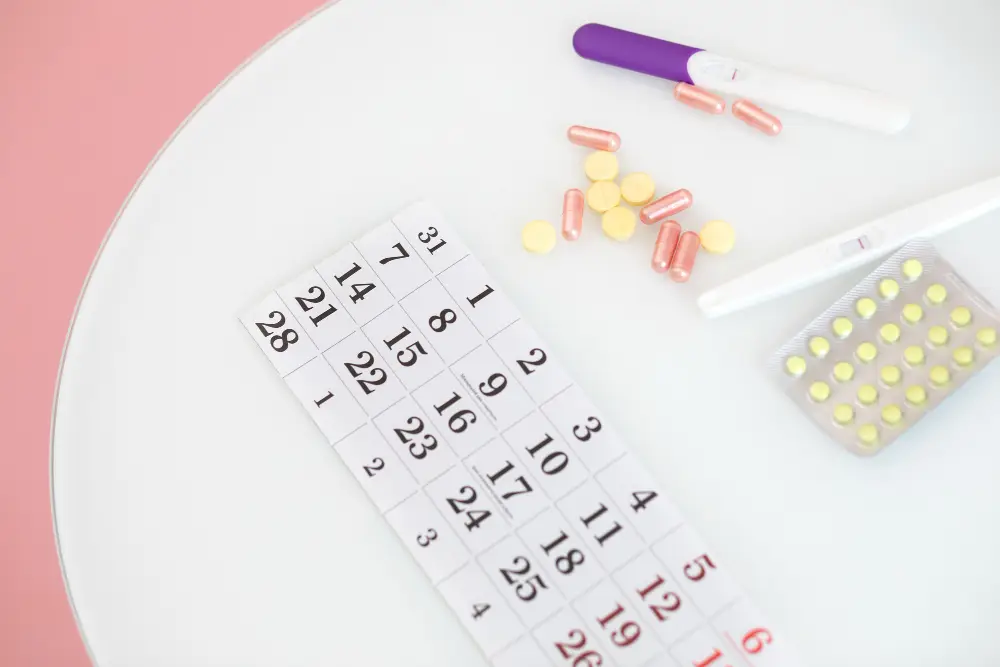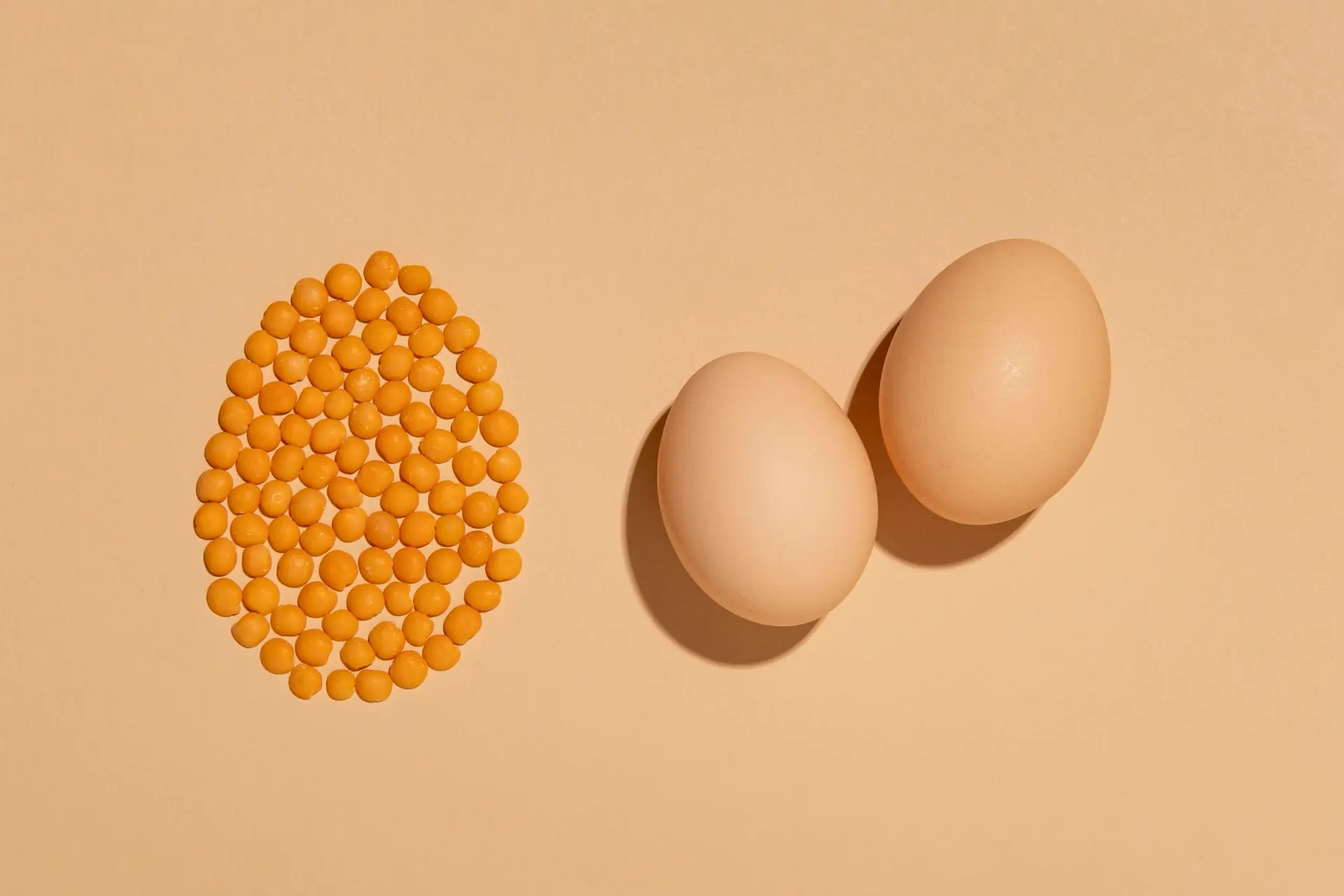Understanding IVF Success Rates and Realistic Expectations
IVF is a fertility treatment that has helped many couples experience parenthood. The IVF treatment procedure is very tedious and takes a toll on the health of the patient. Hence, the IVF success rate depends on person to person. One cannot always expect a positive result, even if they go to the best IVF center in Mumbai or in their vicinity. The success of your IVF treatment depends on your body’s health and your lifestyle. A woman’s age also is one of the main factors which could influence the outcome of the entire procedure.
| Age of Women | IVF Success Rate |
| Under 35 years of age | 50-60% |
| Between 38 to 40 years of age | 20 – 25% |
| Over 40 years of age | 5-10% |
Medical Guidelines: Recommended Number of IVF Cycles
The IVF journey can often be overwhelming with all the uncertainties that come along with it, leaving room for too many questions surrounding the procedure and its results. Some of them could be – How many times can you undergo the IVF procedure in a year? How many cycles are typically needed to conceive?
Research indicates that nearly 50% of women conceive within three IVF cycles. Women, who are aged 35 years or less, with no medical complications have higher chances of achieving pregnancy with IVF, within one or two cycles, as opposed to women who are aged more than 35 years.
Age-Based Recommendations from Fertility Experts
Under 35: Up to 6 cycles
Women under 35 generally have better egg fertility and a stronger ovarian reserve. With the help of ovarian reserve testing, including Anti-Mullerian Hormone levels and other egg reserve tests, your doctor can assess how many cycles may be suitable. In most cases, up to six IVF cycles can be done before exploring alternative treatments.
35-37 years: Up to 5 cycles
At this age, egg quality begins to decline gradually, but chances of conception are still promising. A fertility doctor near you may recommend up to five cycles, depending on your ovarian health and test results.
38-40 years: Up to 4 cycles
Fertility drops more noticeably between 38 and 40. Typically, around four cycles are advised, and your doctor may also suggest advanced options such as genetic testing of embryos to improve success rates.
Over 40: Consider donor eggs after 2-3 cycles
After 40 years of age, the egg quality and quantity reduce significantly. Your fertility specialist may advise to consider donor eggs after 2-3 unsuccessful cycles. The best way to plan your IVF journey is to get a comprehensive ovarian reserve testing along with checking AMH levels.
Key Factors That Determine Your IVF Cycle Limit
Age and Ovarian Reserve
As age increases, fertility diminishes, making age one of the most important factors for fertility treatment outcomes. Women over 40 usually have a decreased ovarian reserve and egg quality; therefore, the number of patients recommended for IVF may not exceed the number of cycles per woman. A fertility hospital near you will help you with individualized evaluations of your own chances.
Financial Resources and Insurance Coverage
Costs related to IVF range widely based on geography, medical requirements, and cycles per woman; for example, costs related to IVF in Mumbai may be different from other cities, depending on critical medical infrastructure and expert knowledge. Also keep in mind costs related to medicine in your IVF planning and expenses around the cycle.
Emotional and Physical Health Readiness
The IVF cycle can become mentally taxing, because of stress, anxiety, and some physical fatigue. Good emotional and physical health must be considered, before engaging in multiple cycles.
When to Stop IVF Treatment: Warning Signs
The IVF journey is physically draining and emotionally demanding. For many couples, the outcomes of IVF are very positive, while for others, medical and emotional factors may impact the outcome.
One of the most easily identifiable signs that IVF may not be the right course of action, is having multiple failed attempts. Most specialists will recommend a course of action other than trying another IVF cycle after 3 to 6 fails, such as contemplating using donor eggs or embryos, or other ways of beginning a family such as freezing embryos for retrieval in the future.
Repeated loss of pregnancy soon after IVF is yet another indicator that reassessing the need for further IVF treatment may be necessary. If your treatment is becoming very stressful, strain on relationships, or financially and emotionally draining, it may be prudent to consider pausing or terminating your treatment. Reaching out to a trusted fertility treatment near me, in any case, may allow you as a couple to evaluate your fertility options and emotional preparedness.
After repeated failed attempts at IVF, having the ability and knowledge of when to discontinue is a very personal decision.
Alternatives After Failed Cycles
Donor Eggs and Sperm
If your IVF failure has a genetic cause, using donor eggs or donor embryos could be perhaps the most effective way for you to have a successful pregnancy. Couples may also be considering embryo freezing as part of their long-term family planning or alternative treatment options.
Gestational Surrogacy
If uterine factors or repeated failures of implantation have occurred, gestational surrogacy is a pathway parents can consider to successfully pursue parenthood. Gestational surrogacy allows intended parents to have their own pregnancy with higher success rates, while still using their own eggs or embryos.
Adoption Pathways
When a couple has exhausted all of their medical options available to them, even having to go as far as egg freezing treatments, they may find adoption a positive way of growing a family.
Your Own IVF Process
Each IVF journey is filled with hope and uncertainty. Your personal IVF experts are here to help you begin your journey.
Working with Your Fertility Team
The decision to start your IVF journey is an important one, and we will help you ensure that you get the right support. Open and honest communication with your fertility doctor can help you better understand the expected outcomes, the risks of IVF, and possible alternatives.
A team of caring and experienced IVF specialists, as found at the best fertility clinic, can help you make an informed, confident decision, whether you wish to continue treatment or move toward another viable path to parenthood.
Conclusion
The IVF journey can be difficult so it is important that you consider the possible risks of IVF, understand the IVF treatment, and assess every consideration that may affect your course. Reading IVF treatment success stories and consulting specialists in advanced fertility centers can also help you set realistic expectations.





